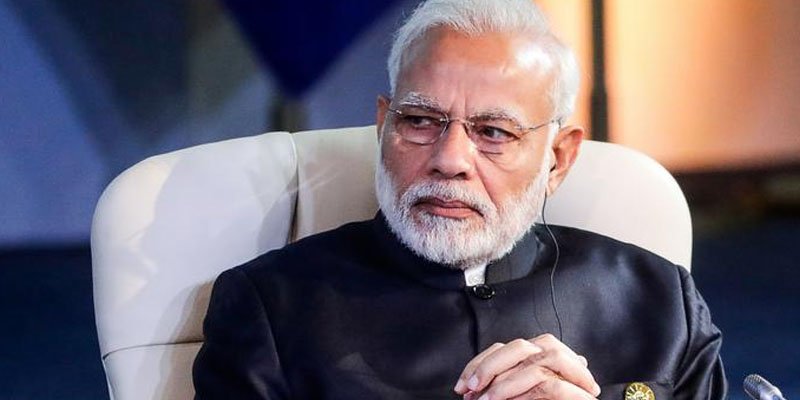
Do you ever say “please” or “thank you” when interacting with AI assistants like ChatGPT or Meta AI? While it’s true that there’s no one on the other side to hear it, many still continue being polite. In fact, our behavior toward AI, including maintaining polite habits, might have more significance than we realize. As AI continues to learn from human input, our manners and treatment of these digital tools may shape the way they interact with us in the future. The respect we show AI today might influence how it reciprocates that respect, or how it mirrors our own behavior back to us.
Regardless of where you stand on the broader AI debate, it’s clear that the integration of AI into our lives will dramatically alter how we interact with technology. It will enhance our abilities to sense and feel, improve the efficiency of how we experience the world, and bring up significant social and ethical considerations. Marketers, in particular, are going to face new opportunities and challenges as they navigate the evolving landscape of AI-driven experiences.
The concept of emotional intelligence—an inherently human ability to perceive and influence the emotions of others—will play a pivotal role in shaping impactful marketing campaigns. However, as humans increasingly face a flood of information from various sources, it’s likely that AI will assist in processing this data, ensuring that interactions remain seamless and consistent, no matter the time of day or complexity of the situation. Imagine an AI-powered customer service app that’s always on, responding tirelessly and with unwavering consistency, helping businesses deliver better service around the clock.
AI’s advancements have also revolutionized extended reality, allowing users to interact through natural gestures and voice commands. Additionally, real-time language translation enables more inclusive experiences, while adaptive interfaces help people with various disabilities. A striking example of this was during the NBA playoffs, where Michelob Ultra worked with AI to create a bespoke tool that enabled a blind sports commentator to provide live commentary on the game for a national audience. The brand’s updated tagline for the event—”It’s only worth it if we all enjoy it”—showcased how AI can create inclusive, shared experiences.
Creativity, too, is being enhanced by AI. From immersive experiences in music, art, and theatre to context-aware responses in gaming and virtual retail, AI is making it possible for environments to adapt instantly to user actions. For example, games now can change course based on a player’s decisions, while virtual retailers offer try-before-you-buy experiences, such as makeup try-ons. Brands like Invesco are using AI to create virtual training environments where sales advisors can practice and refine their skills in simulated scenarios, helping them tackle tough customer interactions.
AI is also transforming marketing by making personalization at scale more achievable. It can quickly analyze large datasets, identify patterns, and deliver tailored recommendations to consumers based on their unique preferences. For instance, WhatsApp users in the U.S. can now upload their photos and generate custom AI avatars by describing a situation or setting they want to be placed in. This ability to offer meaningful personalization at scale is becoming a fundamental expectation from consumers. For marketers, it’s about combining AI with customer data platforms (CDPs) to serve up content that resonates with users, driving engagement and loyalty.
As the human experience is full of diversity and nuance, understanding and navigating right from wrong requires more than just data. While AI can’t “think” in the same way humans do, it excels at processing vast amounts of information and offering insights that are often beyond our immediate comprehension. In the world of marketing, the challenge lies in merging human empathy with AI’s ability to analyze and synthesize data, creating more interactive, immersive, and personalized experiences that benefit both the consumer and the brand.


















